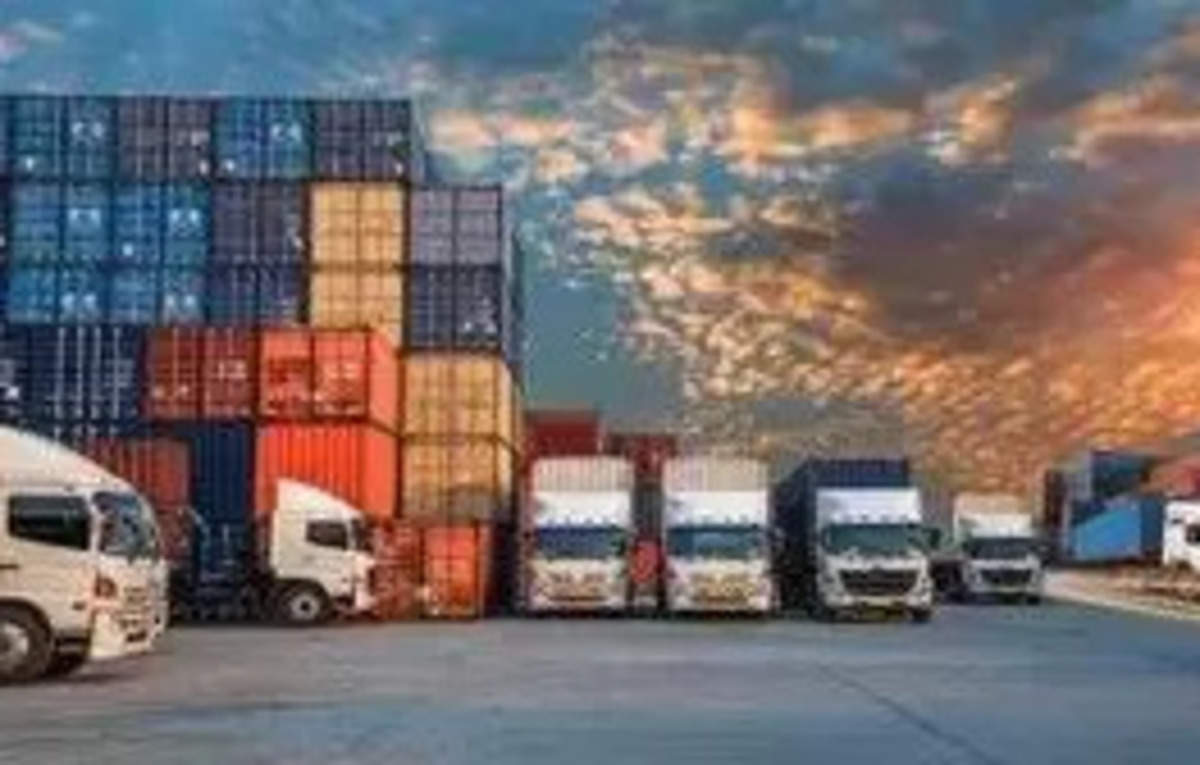Fueling India's Future: A Vision for Enhanced Economic Competitiveness
Key Ideas
- Union Minister Nitin Gadkari aims to reduce India's logistics costs to single-digit levels, boosting economic competitiveness.
- India plans to lead in alternate fuels and biofuels within the next decade, emphasizing the potential of hydrogen and CNG technologies.
- Significant infrastructure development projects and government support are driving India towards a $2 trillion export target by 2030.
- Innovative strategies and collaborative efforts are essential to overcome infrastructure challenges and ensure timely project execution.
Union Minister of Road Transport and Highways, Nitin Gadkari, has outlined a vision for India's future economic competitiveness by targeting a reduction in logistics costs to single-digit levels within the next two to three years. The government is implementing strategic policies such as the Prime Minister Gati Shakti-National Master Plan and the National Logistics Policy to address sector constraints. In a speech at an event in Mumbai, Minister Gadkari highlighted the importance of exploring hydrogen as a key fuel source for the future, along with biofuels like biomass and biodigester technologies. The government aims to position India as a global leader in alternate and biofuels over the next decade. Additionally, significant emphasis is placed on infrastructure development, with projects like green express highways and a focus on economically viable initiatives. Support from the Finance Ministry and Prime Minister Narendra Modi's prioritization of infrastructure development are driving India's ambitious export targets of $2 trillion by 2030. To overcome challenges in infrastructure development, Minister Gadkari stressed the need for innovative strategies and collaborative efforts to ensure timely execution of projects.
